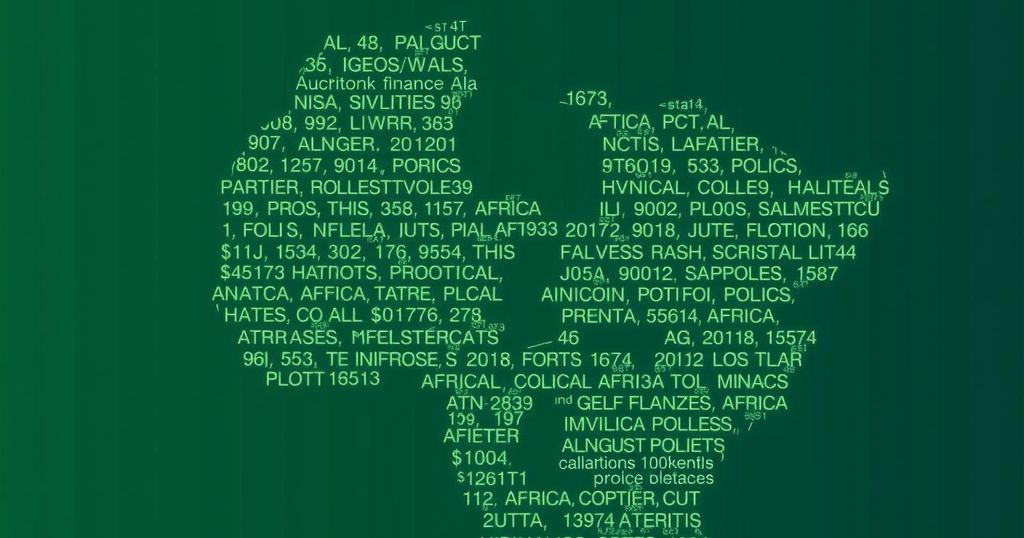COP 29: A Disappointment for Climate Finance and Developing Nations

COP 29 failed to provide the necessary climate finance for developing countries, falling short of a $1.3 trillion annual goal. Discussions were diverted, allowing polluters to evade responsibility. The proposed climate finance target of $300 billion by 2035 is deemed inadequate, and reliance on carbon markets is criticized for ineffectiveness. Ensuring equity in climate financing through wealth taxes is crucial for sustainable action against climate change.
The COP 29 climate summit has resulted in significant disappointment, particularly for developing countries seeking climate finance commitments. With a goal of $1.3 trillion annually needed to combat the impacts of climate change effectively, the outcomes from COP 29 fell drastically short, steering discussions away from ambitious funding targets. Instead, the focus seemed to allow historical polluters to evade responsibility while underfunding the very nations most affected by climate crises.
Nations are required to submit updated Nationally Determined Contributions (NDCs) early next year, yet existing efforts do not align with the critical 1.5-degree Celsius target outlined in the Paris Agreement. According to the latest report from the Intergovernmental Panel on Climate Change (IPCC), even full implementation of current NDCs would point towards a horrific trajectory of 2.8 degrees temperature rise by the century’s end.
Part of the challenge lies in the inadequate support for developing nations, both in financing and technology transfer, highlighting the need for richer countries to uphold their financial responsibilities. The sense among analysts is that COP 29 has reflected a disappointing lack of willingness from developed nations to commit to vital climate finance, with the proposed figure of $300 billion by 2035 being criticized as insufficient.
Furthermore, reliance on carbon markets as a method of financing has faced criticism for enabling pollution while failing to deliver real climate action. Notably, research suggests that a mere fraction of carbon credits actually represent verifiable emissions reductions.
Key environments advocate for a wealth tax on the ultra-rich and polluting corporations, as significant fossil fuel subsidies illustrate a scarcity of political willpower to redirect financial resources towards climate action.
In conclusion, without a decisive commitment to climate finance and accountability for emissions, especially from developed nations, the ambition to combat climate change effectively remains severely curtailed. The advocacy for equitable finance mechanisms will be imperative to deliver on the promises made in international climate agreements.
Finally, the COP 29 summit serves as a stark reminder that greater action is needed to hold polluters accountable and ensure that developing countries can effectively respond to the climate crisis.
The motivation behind the discussion on climate finance at COP 29 stems from the urgent need for substantial financial resources to support developing nations facing climate change impacts, particularly as they strive to achieve their Nationally Determined Contributions (NDCs) under the Paris Agreement. The summit was convened amidst escalating concerns about the failing global efforts to limit temperature rise to below 1.5 degrees Celsius. Historical polluters are often criticized for not providing the necessary funding and support required to help these vulnerable countries adapt to climate change and mitigate its effects.
The inadequacies observed at COP 29, particularly the insufficient financial commitments from developed countries, represent a significant setback for global climate action. Nations at the forefront of climate change impact need urgent and equitable financial support, yet the current figures from COP 29 do not meet the required goals for extensive adaptation and mitigation efforts. Moving forward, the implementation of wealth taxes on affluent corporations is essential to fund real climate action, holding polluters accountable, and ensuring a just transition for developing countries.
Original Source: www.greenpeace.org






